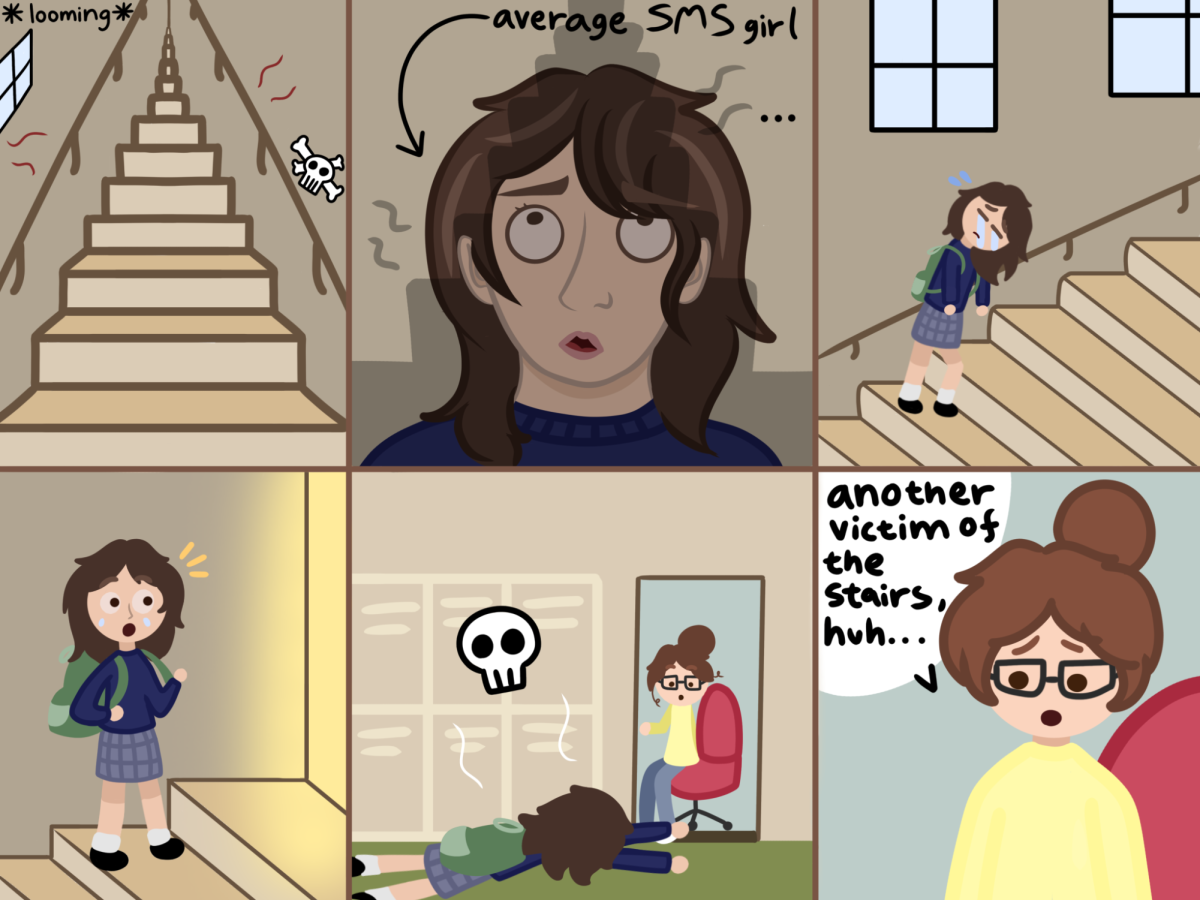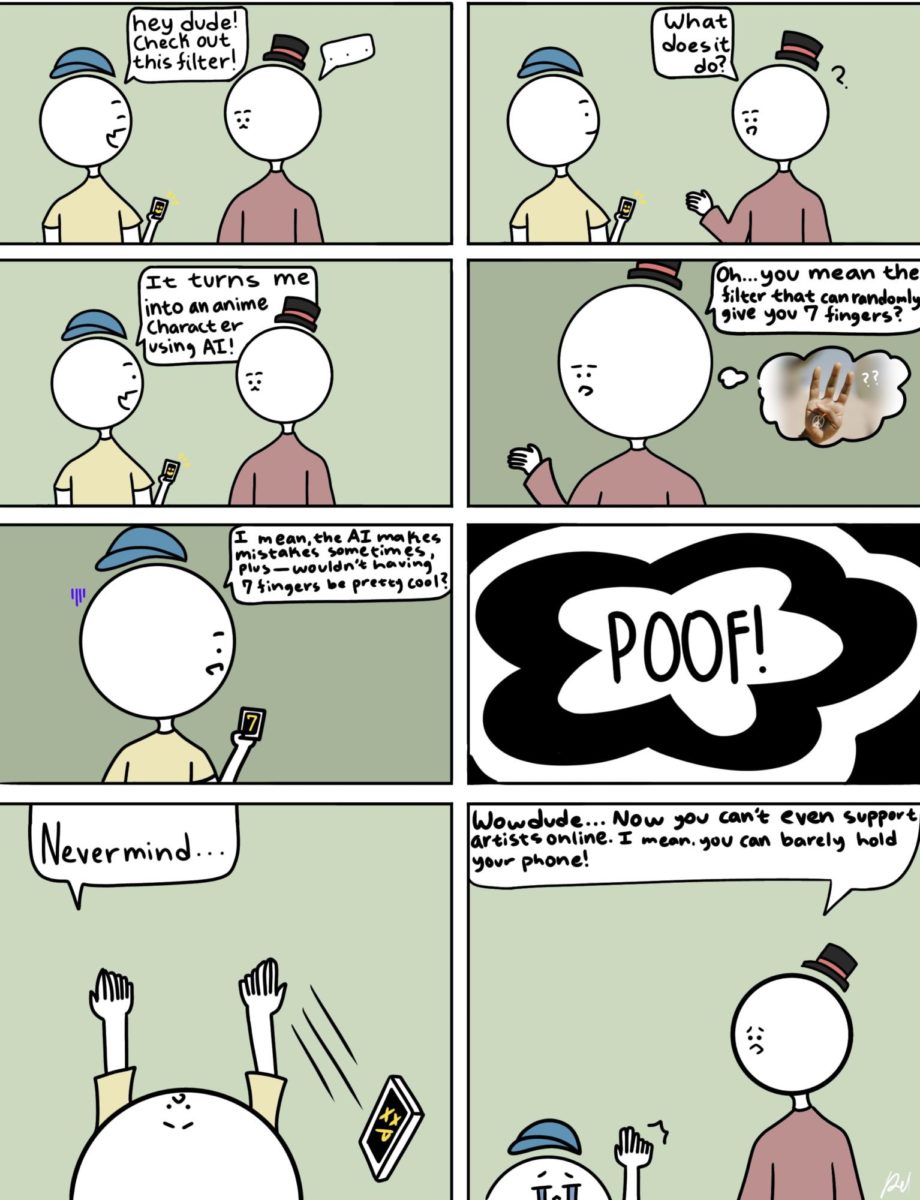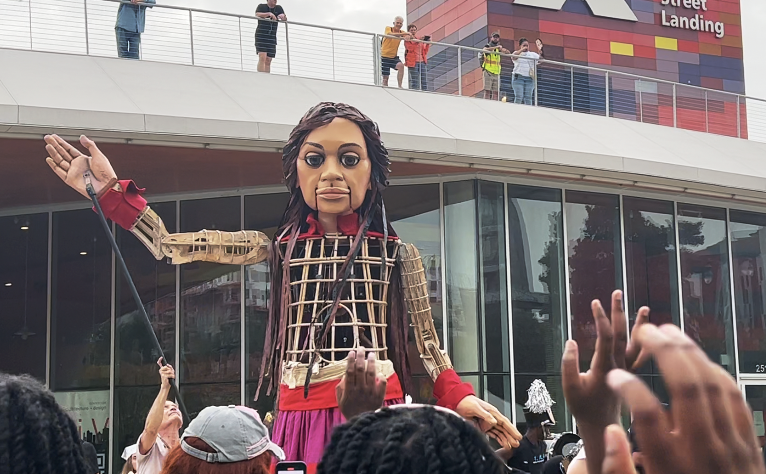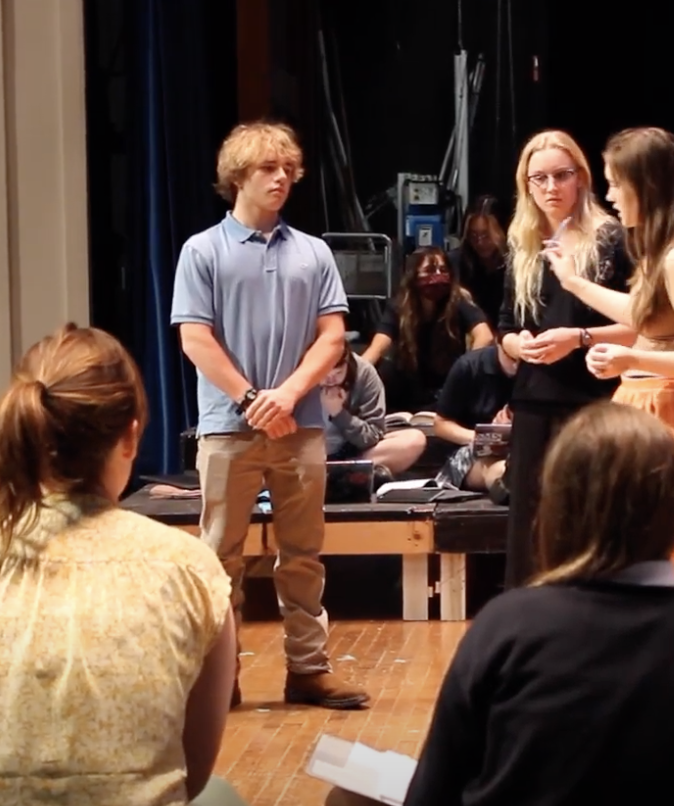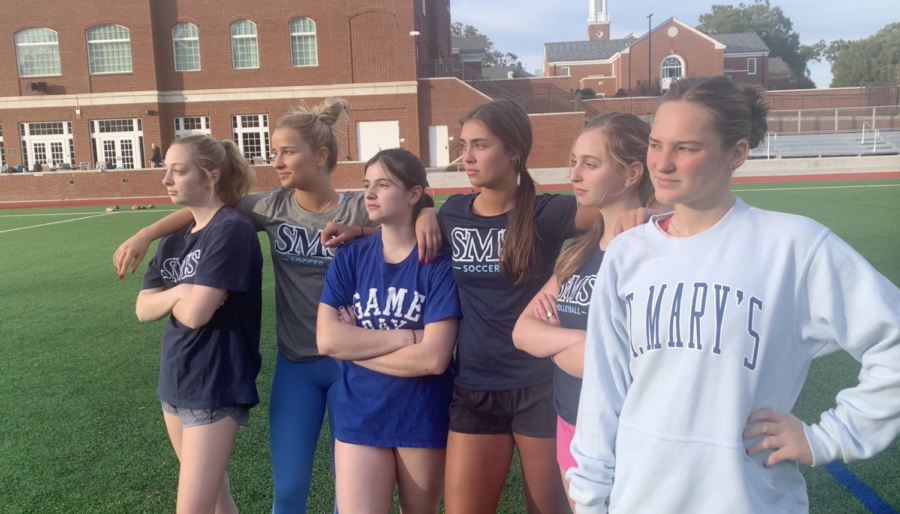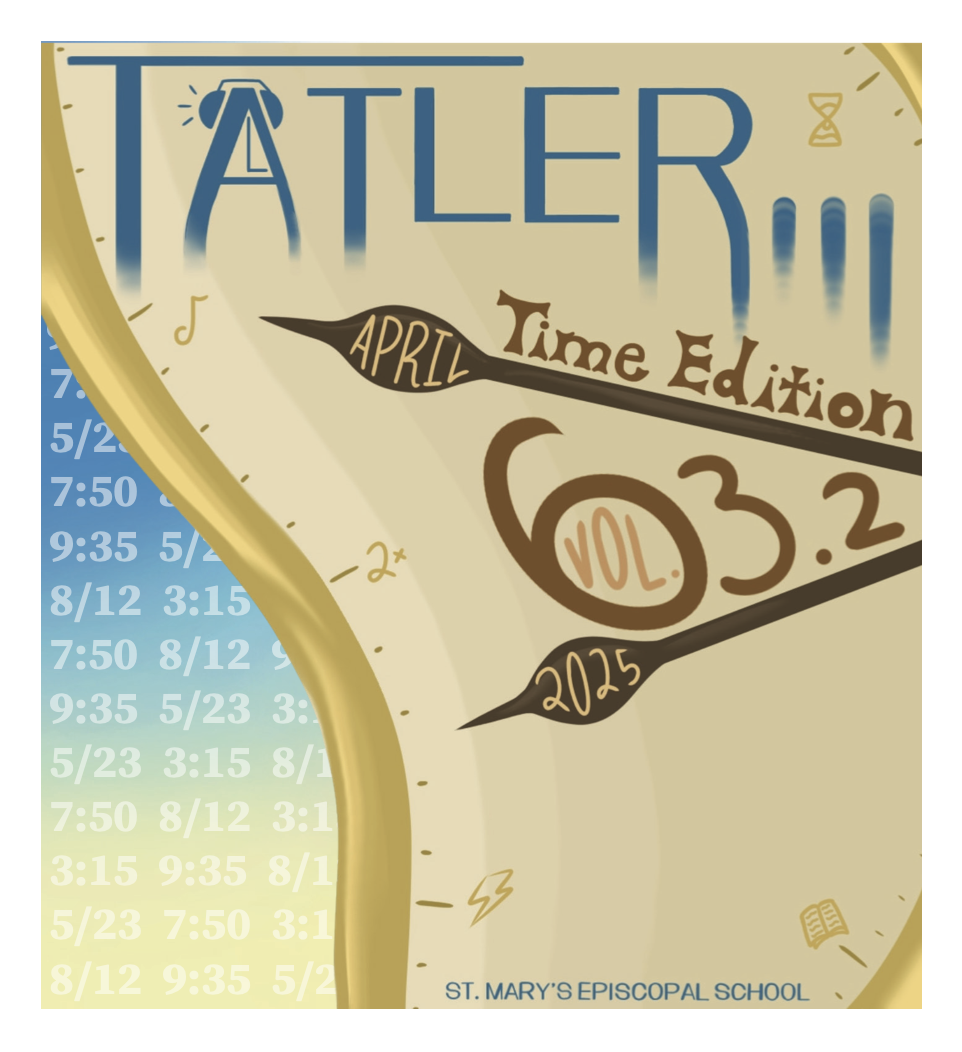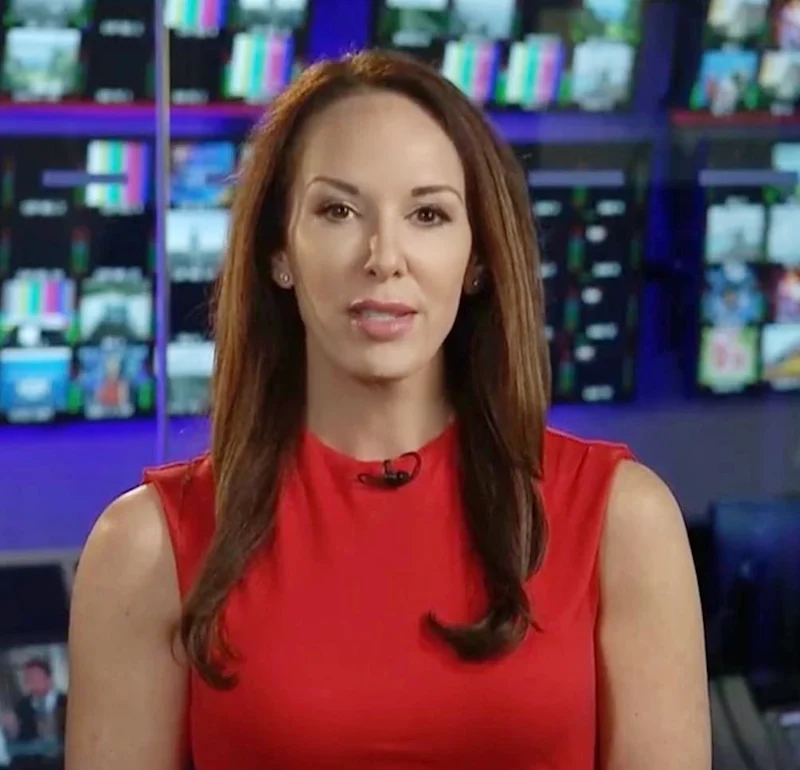With President Trump’s inauguration on Jan. 20 came the ceremonial end to the 2024 election season, but that does not mean your civic engagement has to end with it.
Voting, elections and everything in between are just one part of community involvement. Civic engagement reaches beyond the ballot box regardless of age.

Get Informed
Civic engagement is rooted in education. Dalton Lyon, history teacher and GovClub sponsor, said he believes regularly consuming current information is the first step for engagement.
“The first thing is before you really have an opinion on things, you need to get informed,” Lyon said. “The best thing you can do to stay engaged in current events [is to] read up on sources that you trust … [so] you can keep abreast of the rapidly changing world in which we live.”
GovClub president Naomi Bedaputi recommends referencing sources such as NPR, AP News, and The New York Times as resources to stay up to date and participate in discussions regarding change.
Students at St. Mary’s have the opportunity to take classes like AP Government and Global Issues to further educate themselves on historical events, current global topics and various systems of government.
Emily Metz, upper school history teacher, said she feels this knowledge is critical for deeper community engagement.
“There [are] so many ways to engage with the structures and the political systems of our country,” Metz said. “It is made that much better by understanding how they work.”
Holly Hensarling, AP United States and AP Comparative Government and Politics teacher, said taking a government class is especially important as politics become more prominent in teenagers’ daily lives.
“It’s more about civic engagement and being an educated, intelligent citizen,” she said, “[and becoming] educated in the decisions that [students] make about who they vote for and what they believe our democracy should look like.”
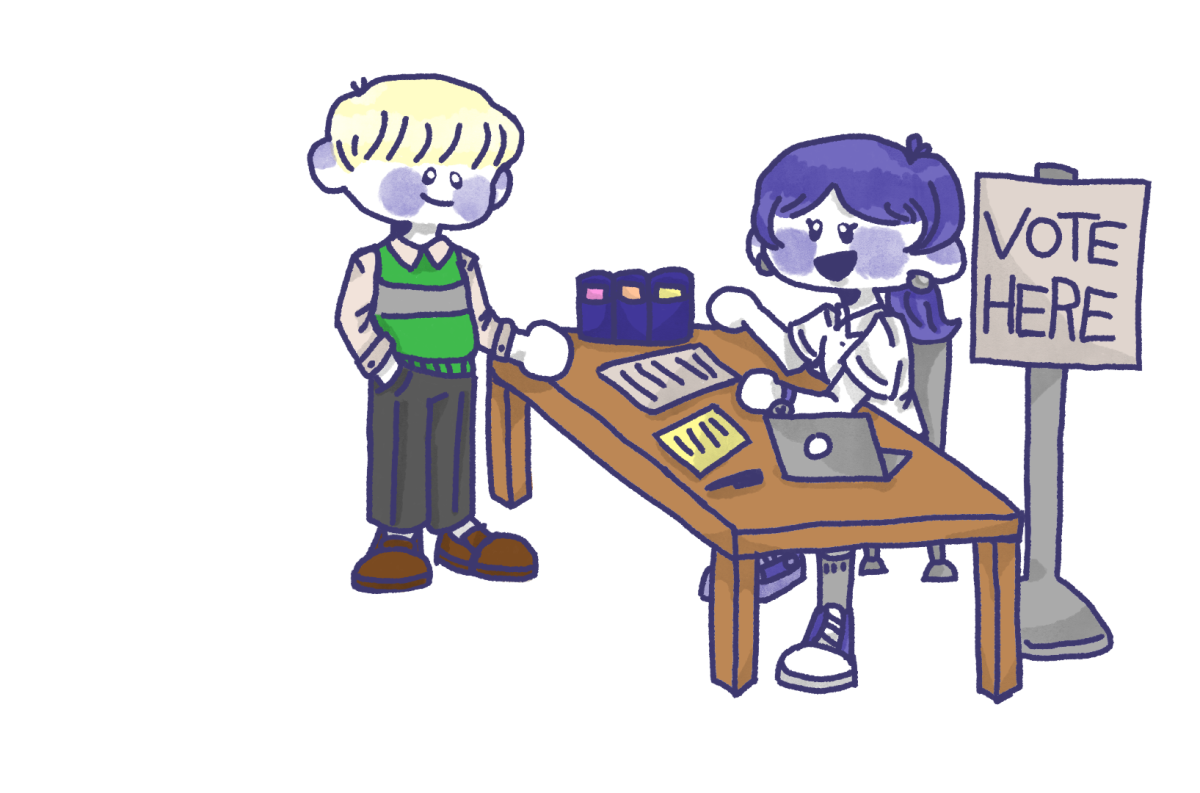
Get Involved
Once informed, another way teenagers can contribute is by volunteering for political campaigns or becoming a poll worker who assists with the smooth operation of Election Day activities. Many students chose to volunteer as poll workers this past November, but there is no need to wait another four years to participate. The next Memphis election will be in 2026, only a year away.
Junior Allan Golden argues that polling itself is pretty “mundane,” and “really is just one routine,” that no one should be afraid of or nervous about.
Though not yet old enough to vote themselves, students and teens can participate in voter registration drives, helping to ensure that eligible voters are not only registered but are informed about the voting process.
But civic engagement is not limited to elections. Another important avenue for involvement is through community service and local organizations.
“[Memphis is] a city that has so many challenges, but so many good people trying to meet those challenges,” Lyon said.
Teenagers looking to make a positive impact in their community can invest their time in volunteer work that allows them to confront local issues that interest them. There are many organizations that offer a variety of volunteering opportunities throughout the city that open up an avenue for teenagers to combat issues locally.
“You can really individualize [global issues] to something that can have a local impact,” Lyon said. “You can feel like you’re making a difference in these kind of bigger concerns.”
Organizations such as Streets Smart and Porter-Leath, where many St. Mary’s students help out, work alongside kids providing literacy resources.
Within the St. Mary’s community itself, the student-run organization St. Mary’s Community Fund funds around five charities every year, raising thousands of dollars during their Give 901 fundraising campaign. This year, the organization successfully raised over $35,000.

Practice Politics
Students who share an interest in public affairs and law are able to participate in simulated legal and government processes through Model UN and Youth in Government. By proposing resolutions to issues they see on a local, national or global scale, teenagers stay engaged and make a positive impact within their communities.
Senior and GovClub president Naomi Betapudi admires the platform granted to students through participation in Youth in Government that allows for independence and space to form their own opinions and be their own person.
“Doing Youth in Government made me realize that you don’t have to act like politicians,” she said. “You can read the news and understand things for yourself … It’s not something that’s unattainable, that kind of power.”
Students can also actively attend municipal government meetings and interact with elected city officials and authorities. By frequenting city council and town hall meetings as well as emailing and talking directly with local and state representatives, senators, lobbyists and other executives, students can establish networks with their municipality and better their connection with their community.
Metz said that through active engagement with the community, students can make their voices heard in political systems that directly affect them daily.
“Get involved with the part of choice at the local level, whatever particular political party you align with,” Metz said. “They have local level offices [and] local level officials so you can get involved with campaigns through them, get text updates and get email updates for things that are happening in or around the Memphis area.”
Metz encourages students to become educated on and speak up about the political activity within Memphis, even when voting is not an option.
“Understanding what is happening on the ground in [students’] particular part of Memphis, Shelby County, and the Shelby County area is making their voice heard,” Metz said. “There are all kinds of ways to get connected beyond going to the ballot box and voting, and elected officials regularly want to hear from young people.”


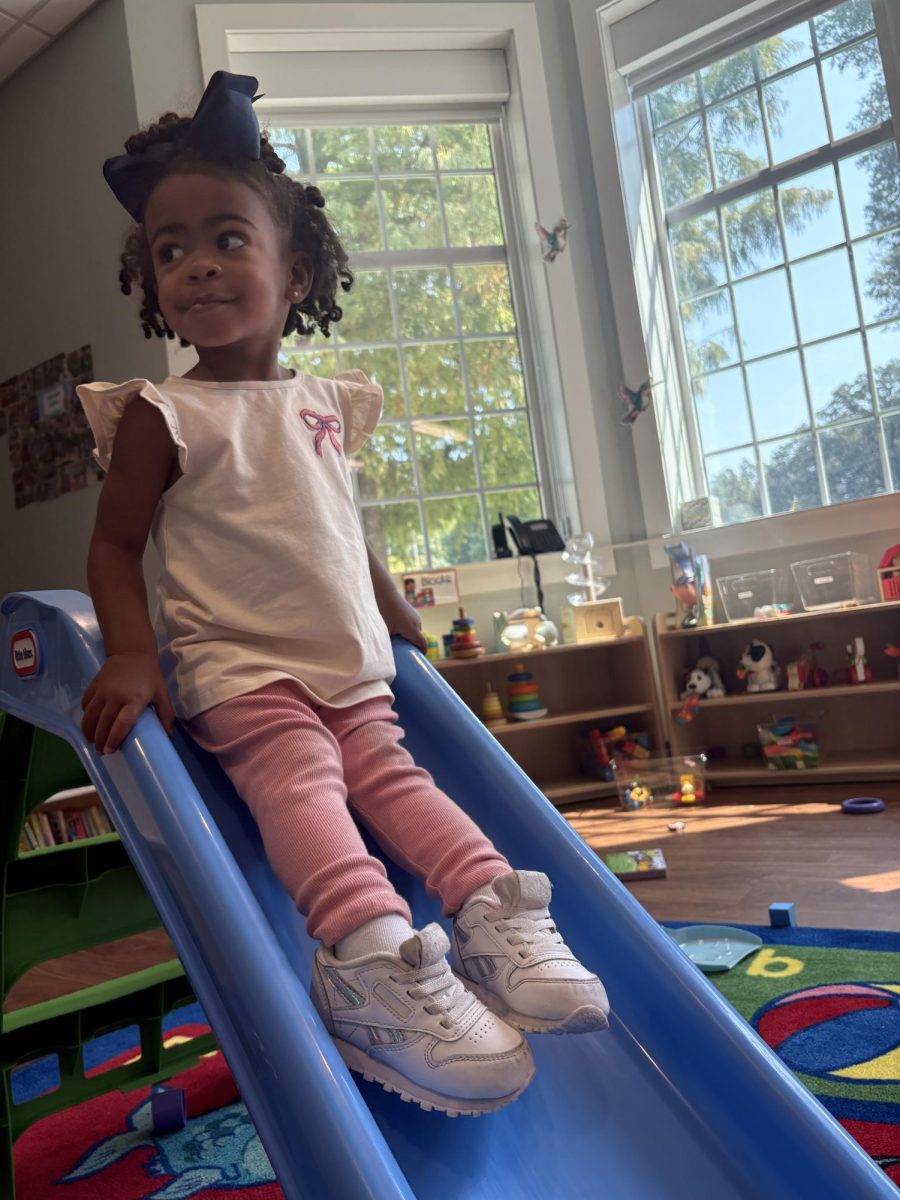
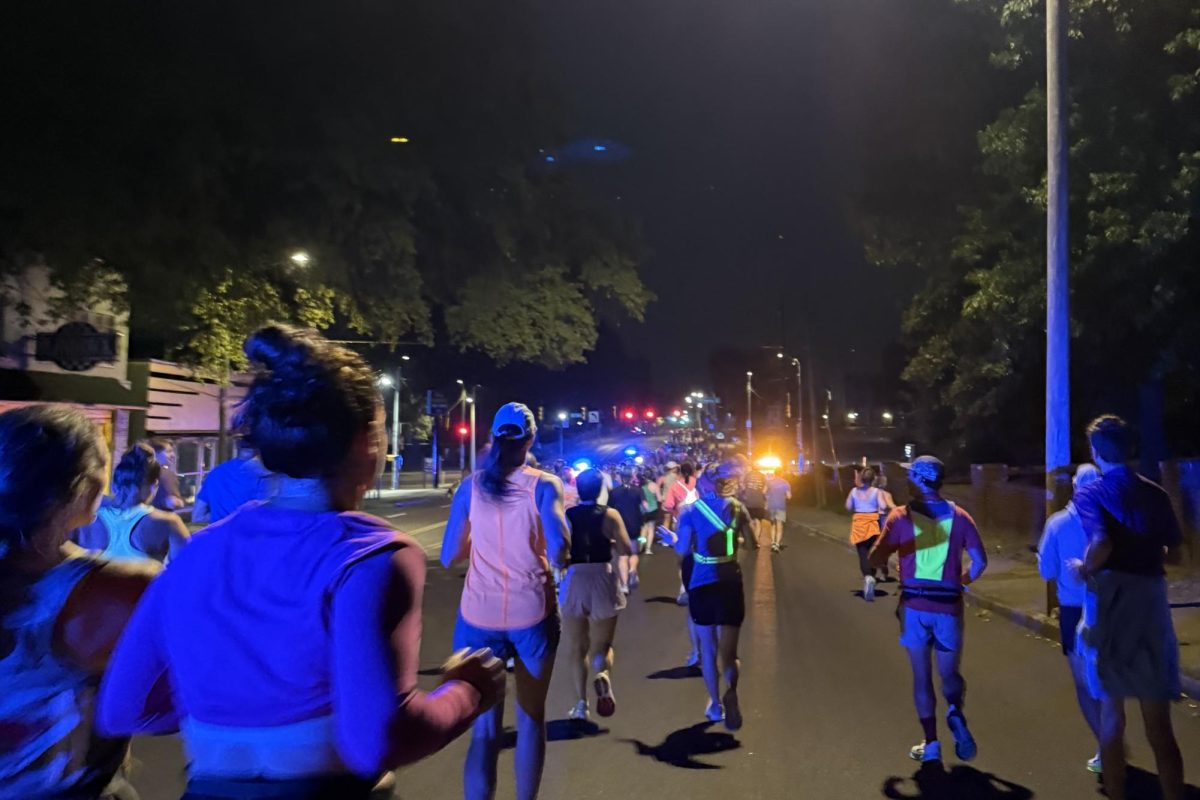

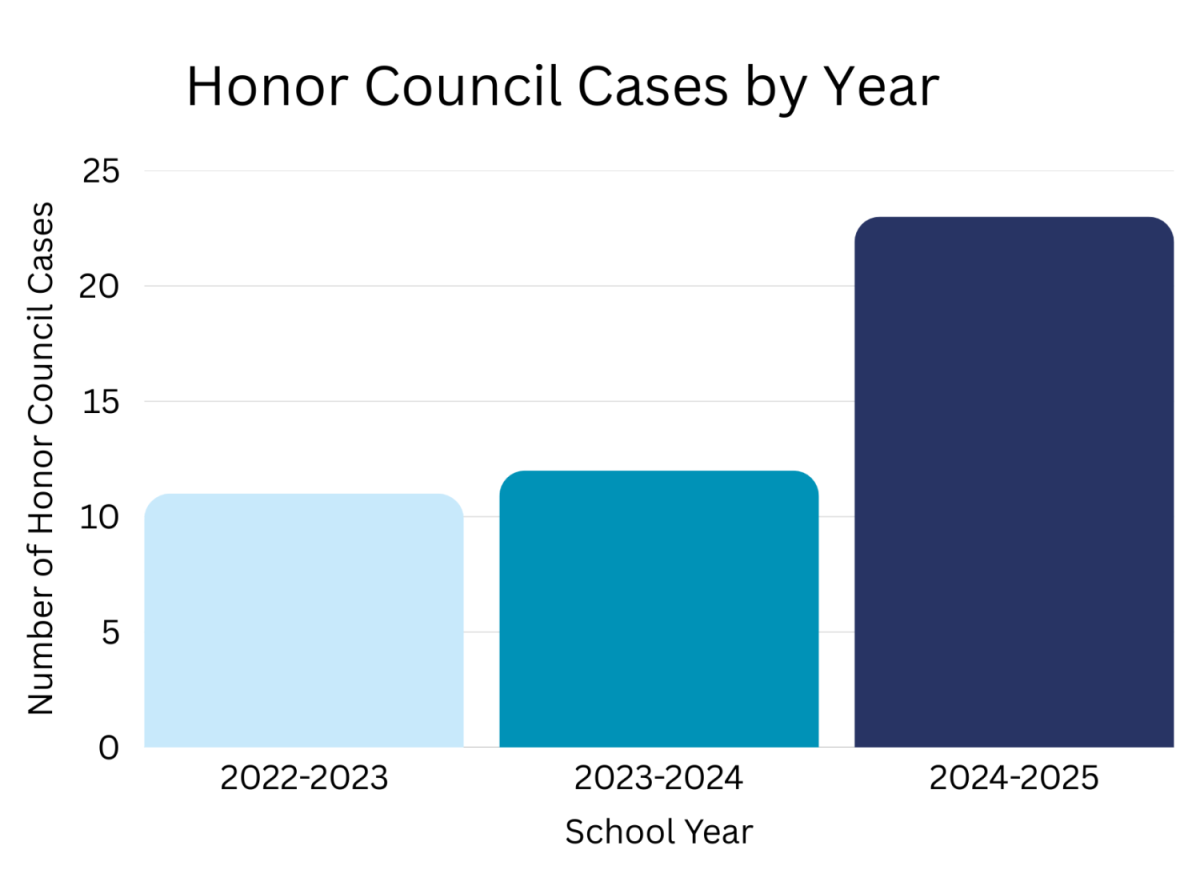
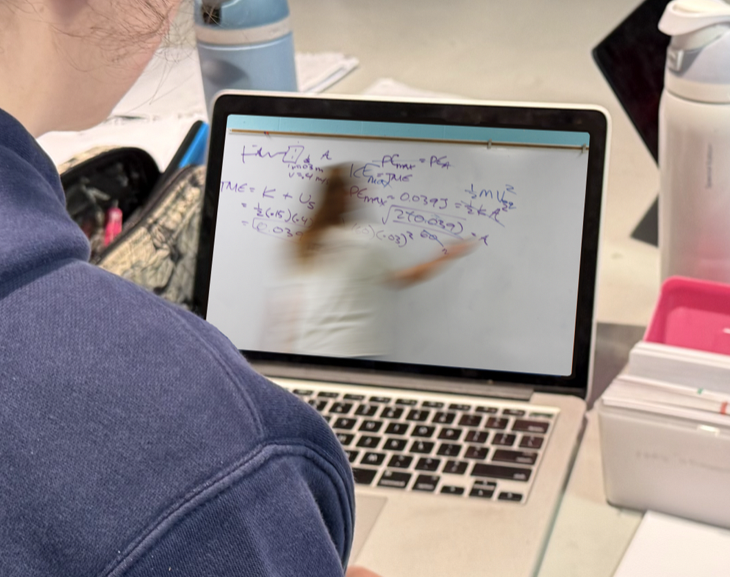

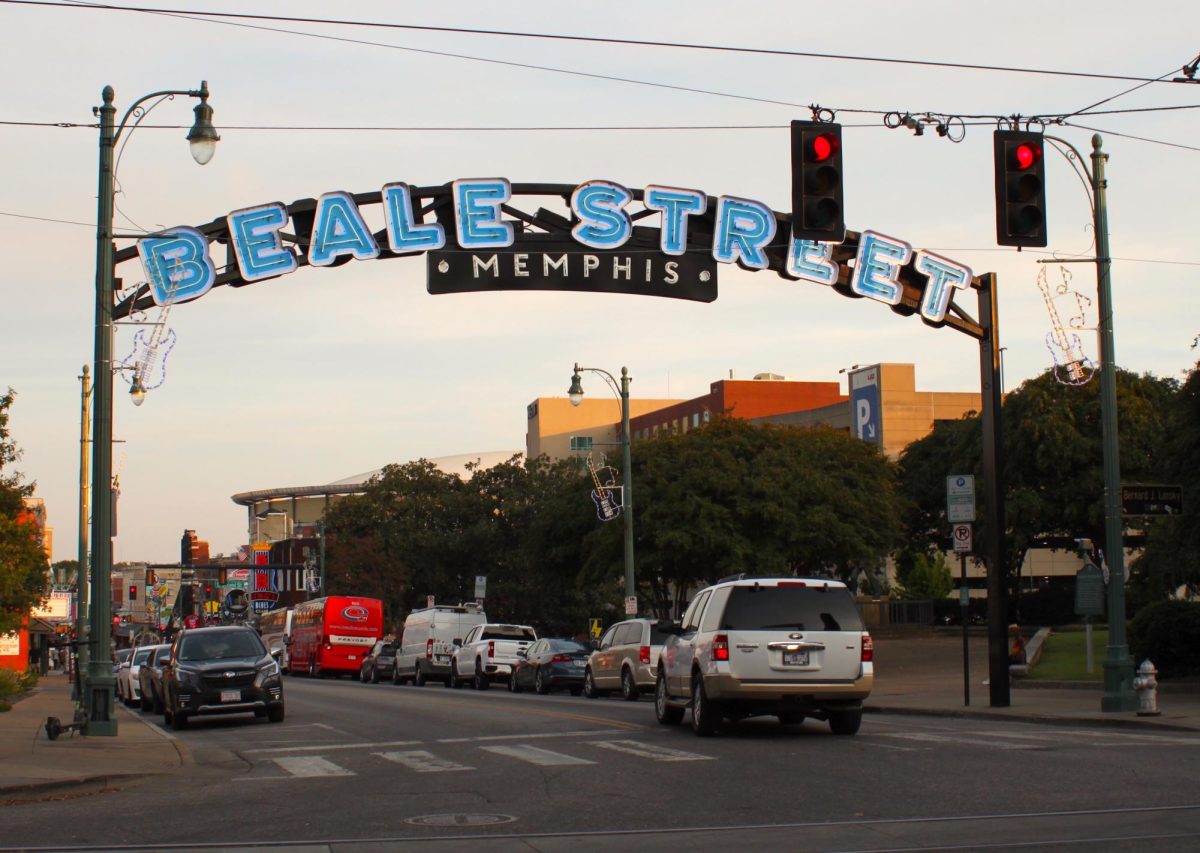
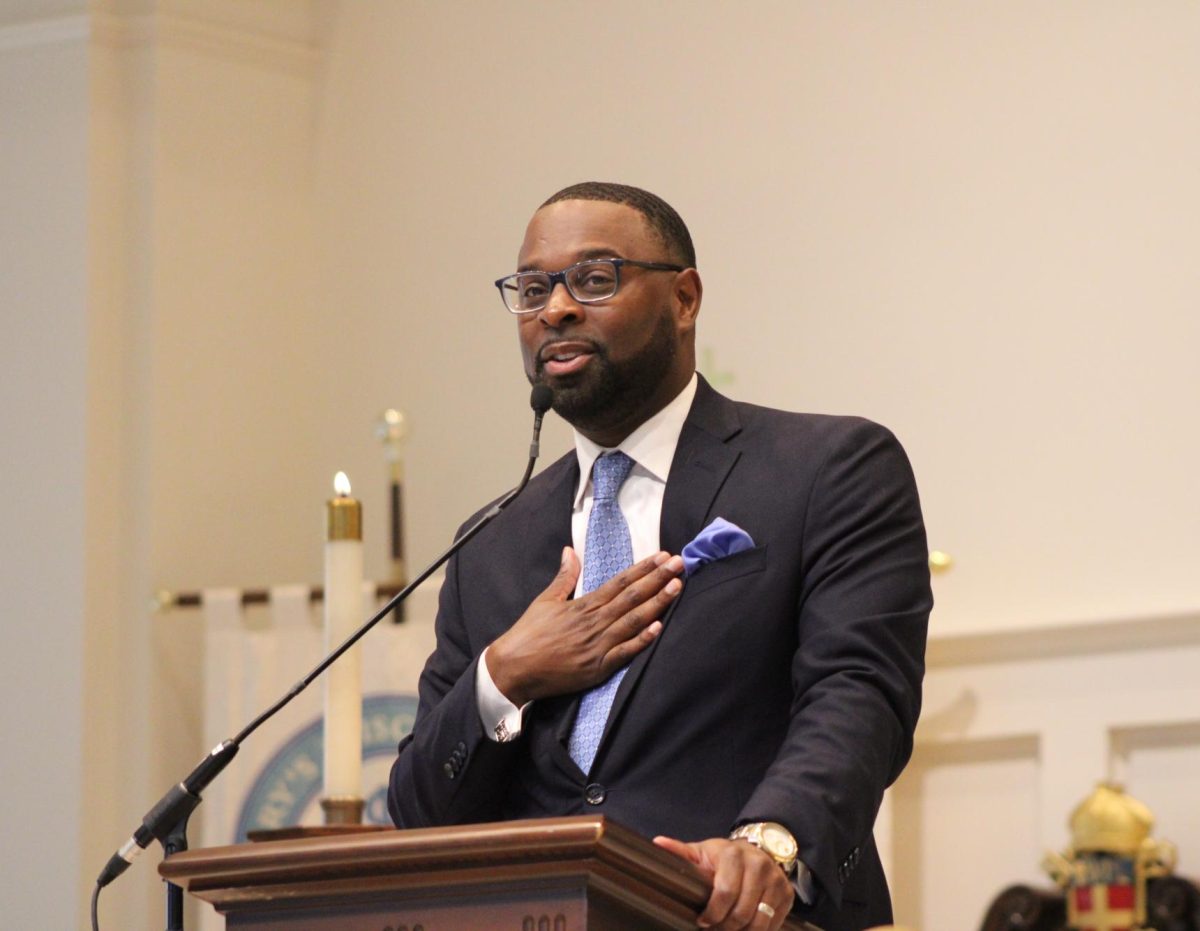
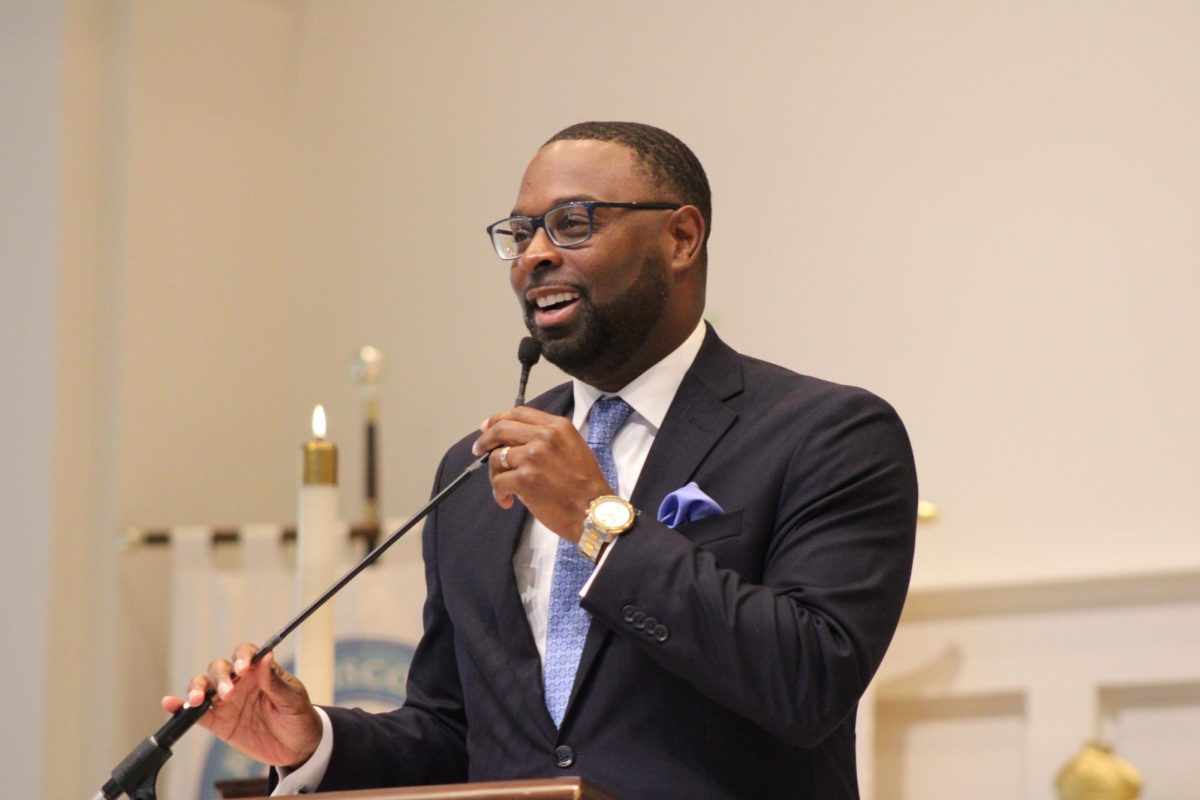




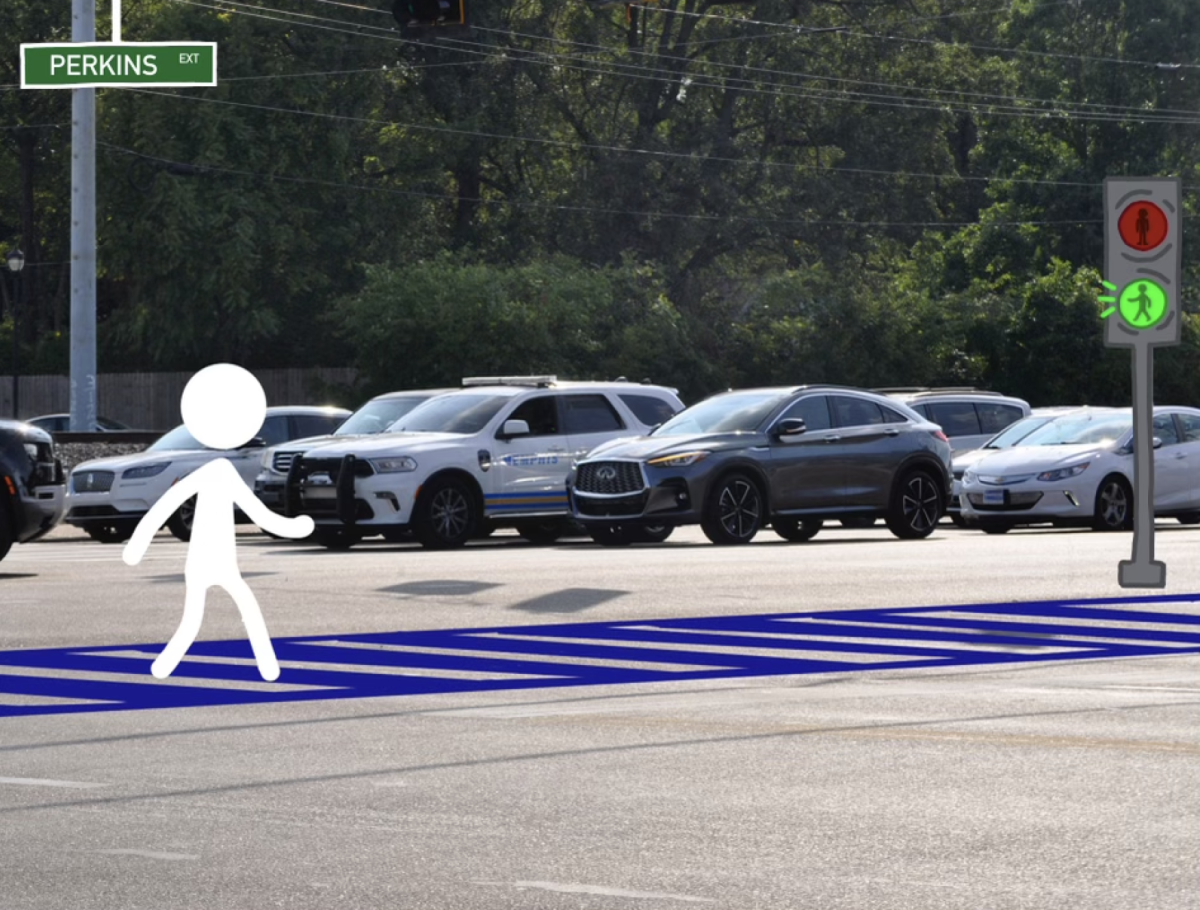
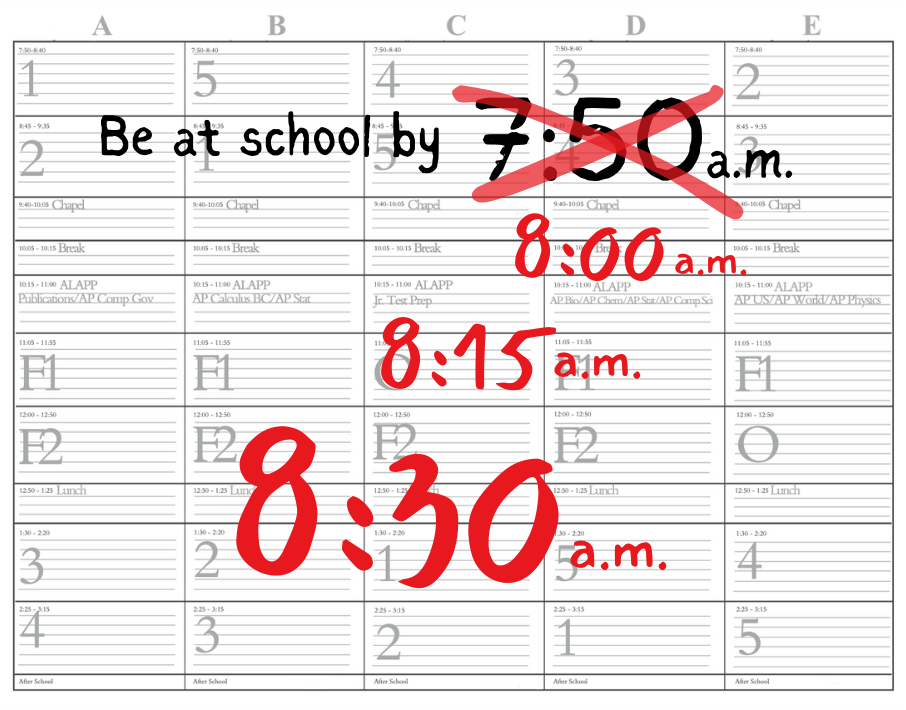
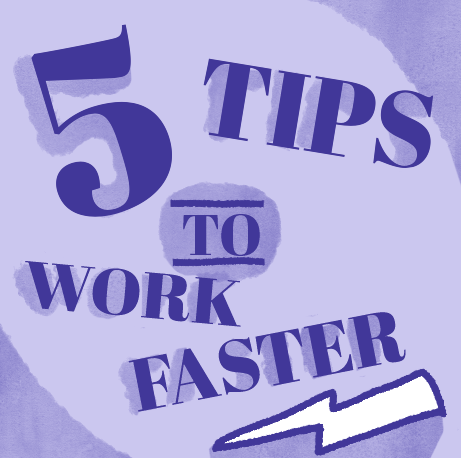
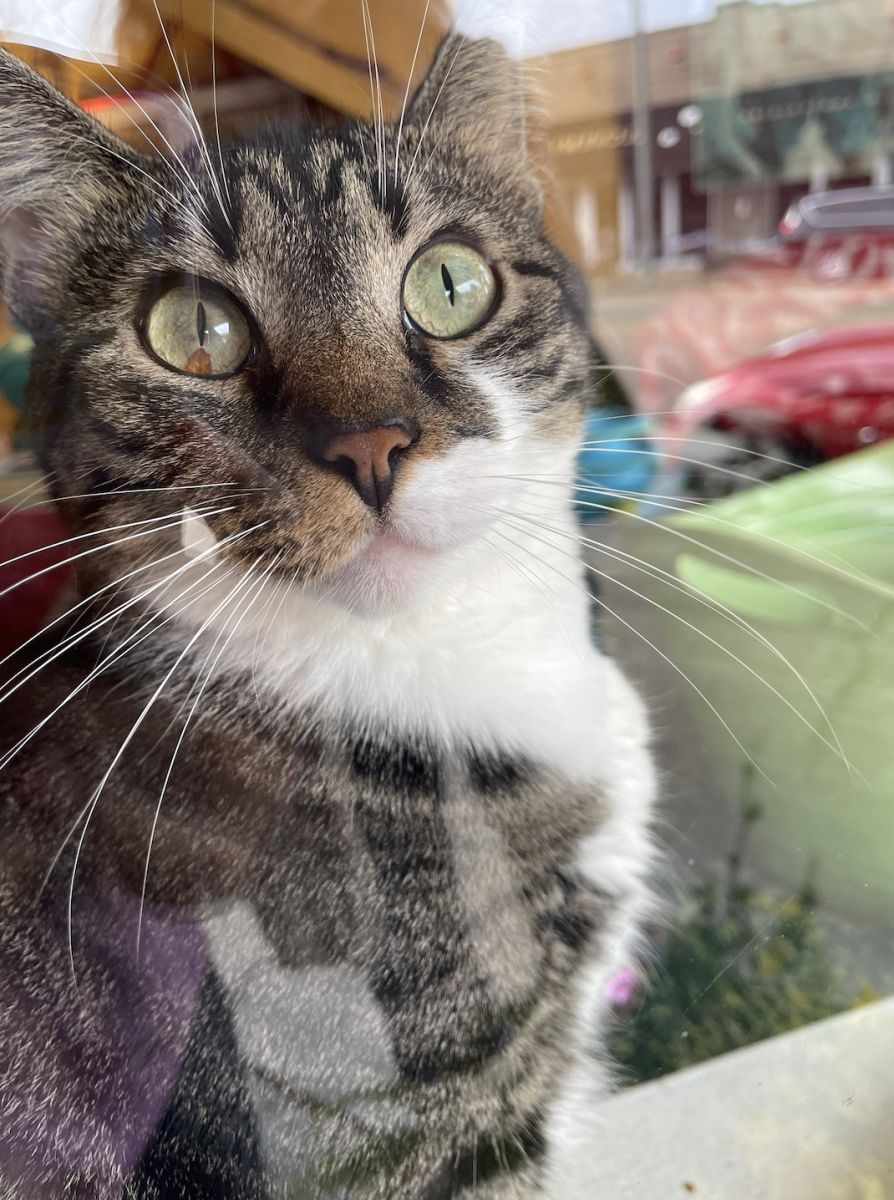
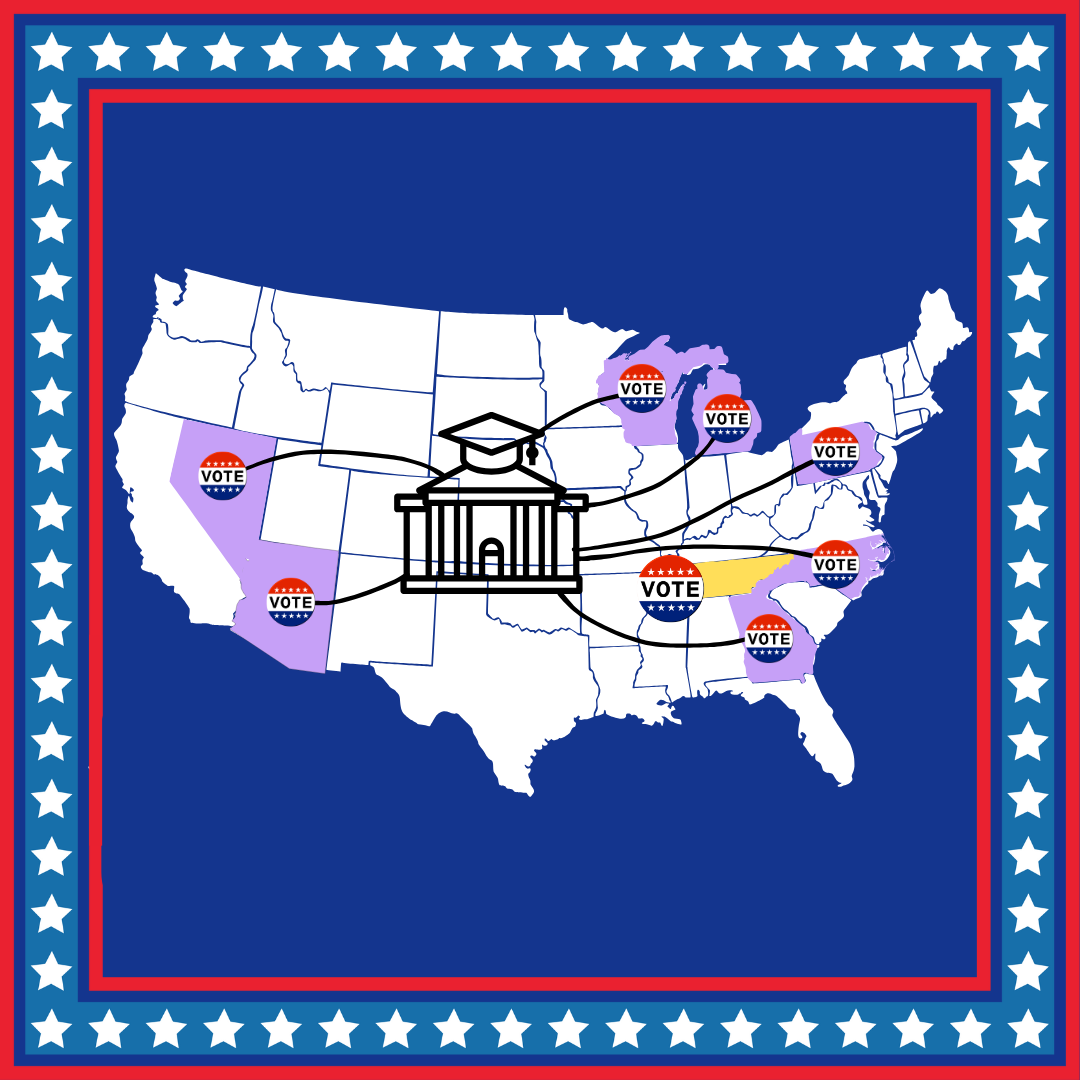


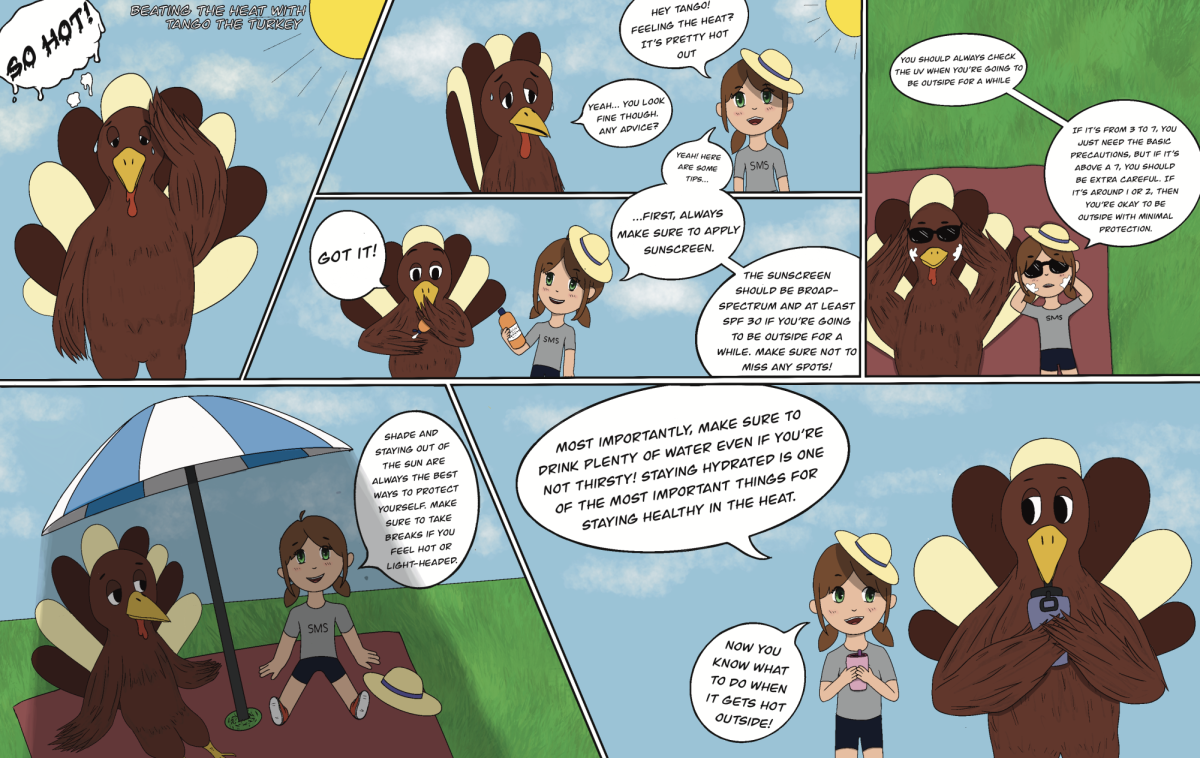


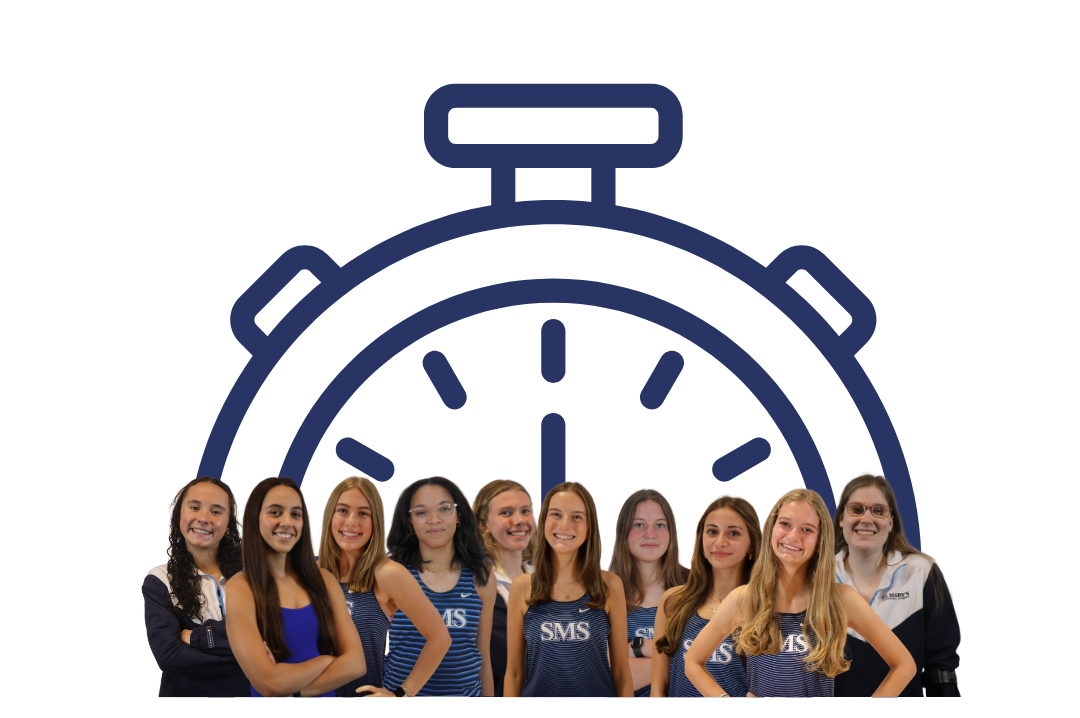
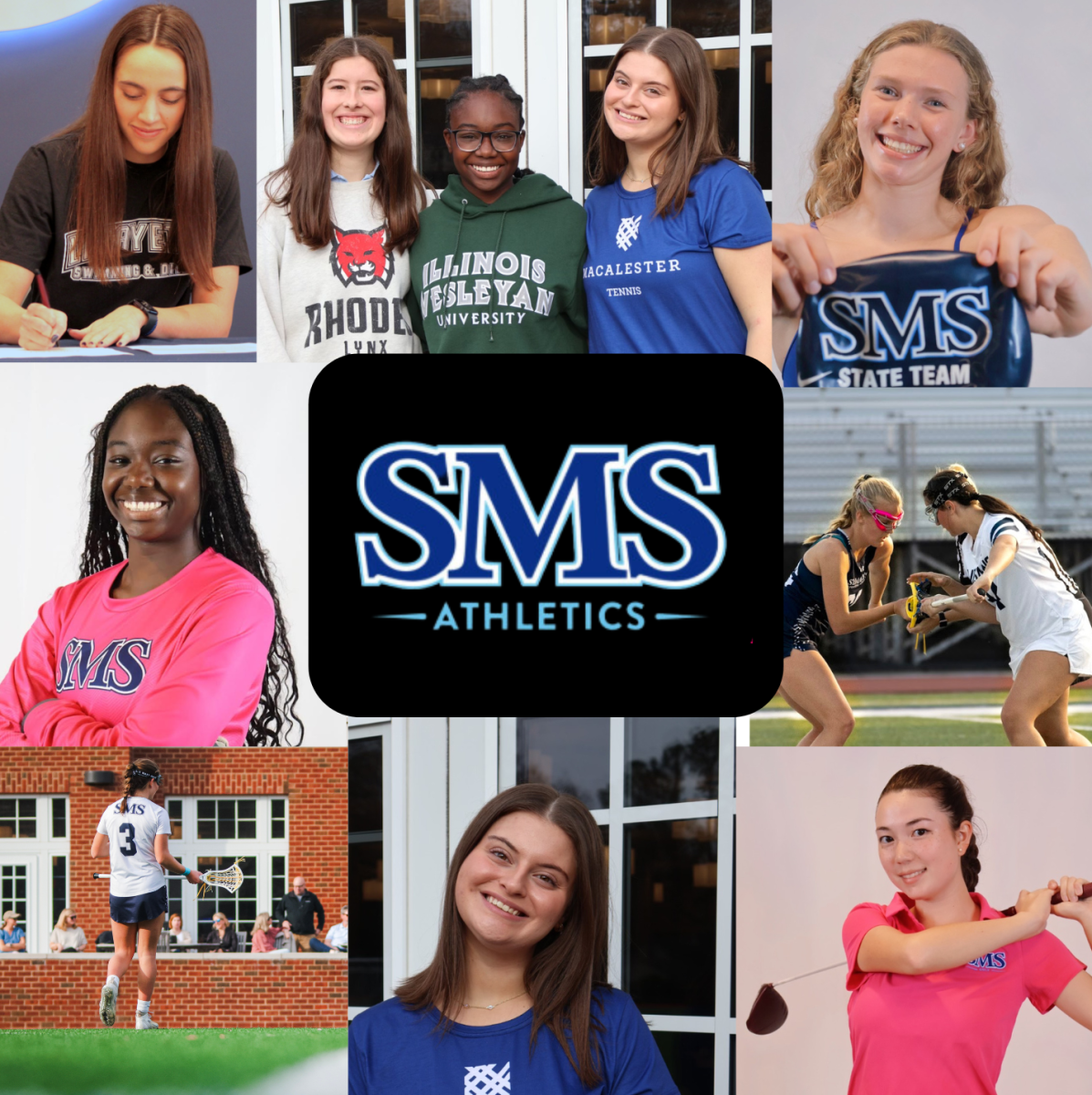
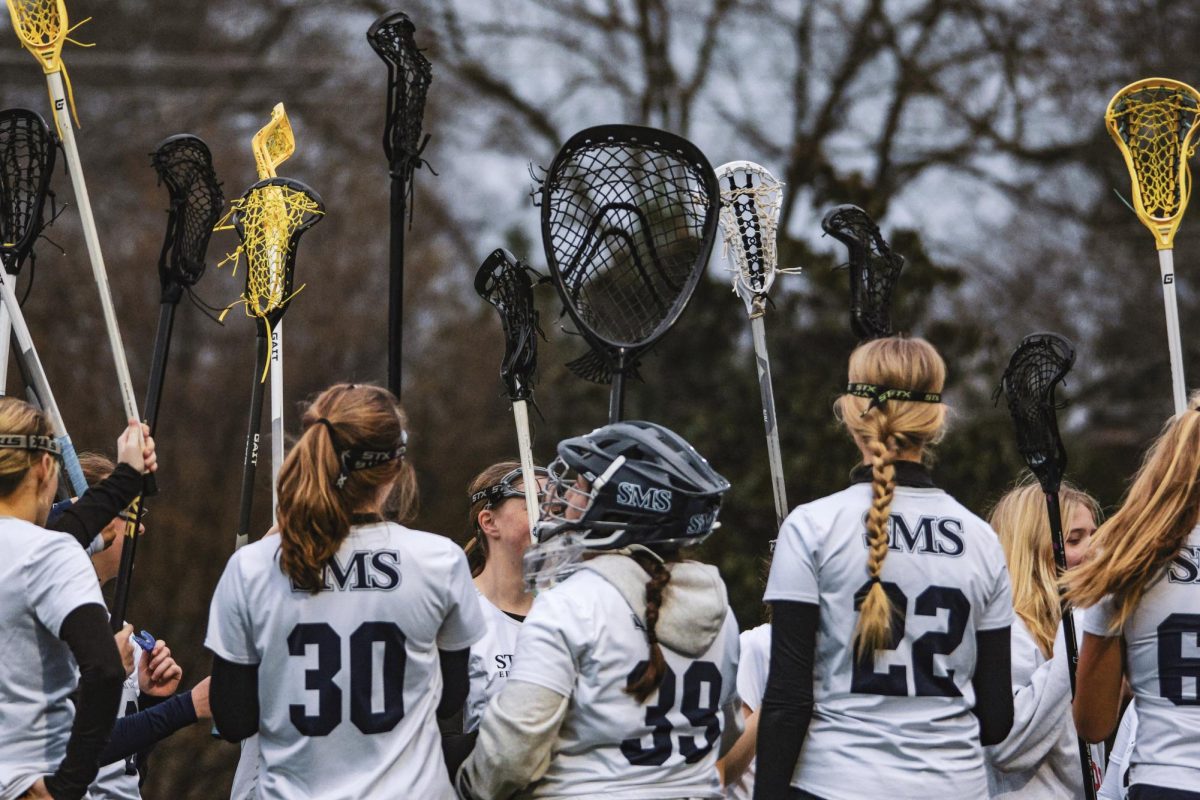
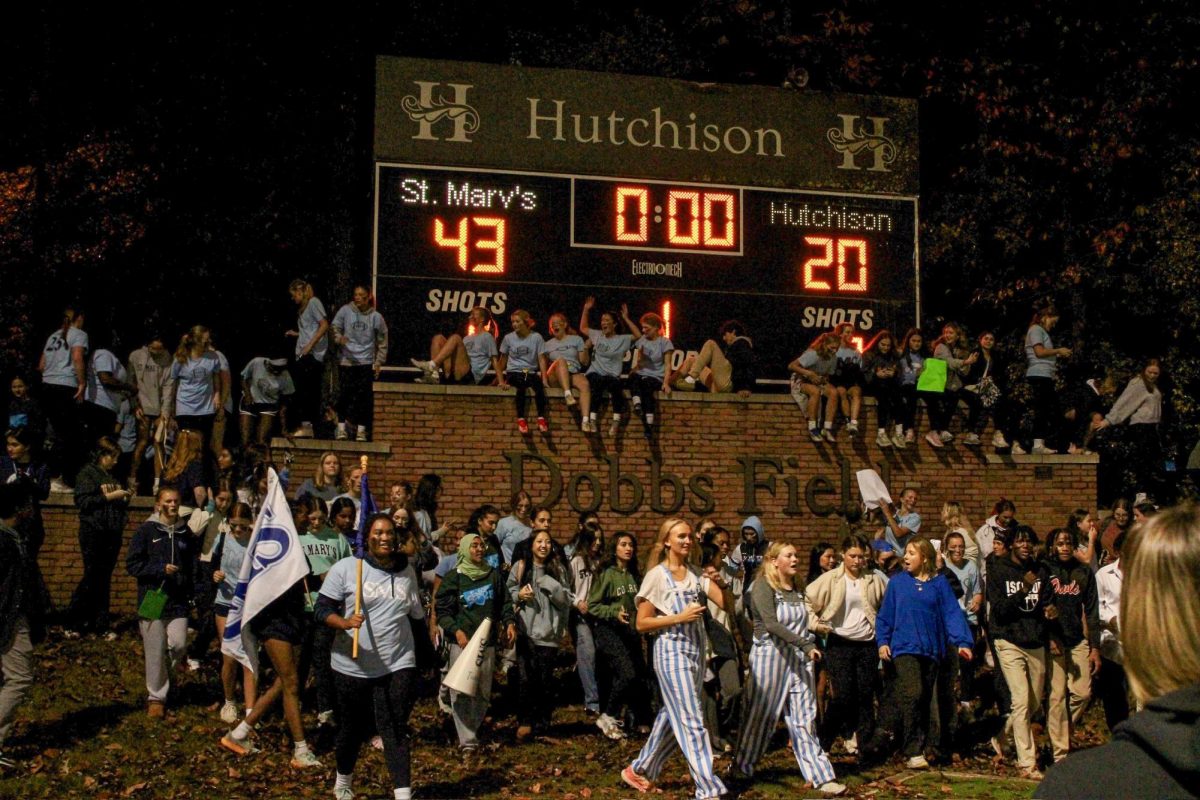
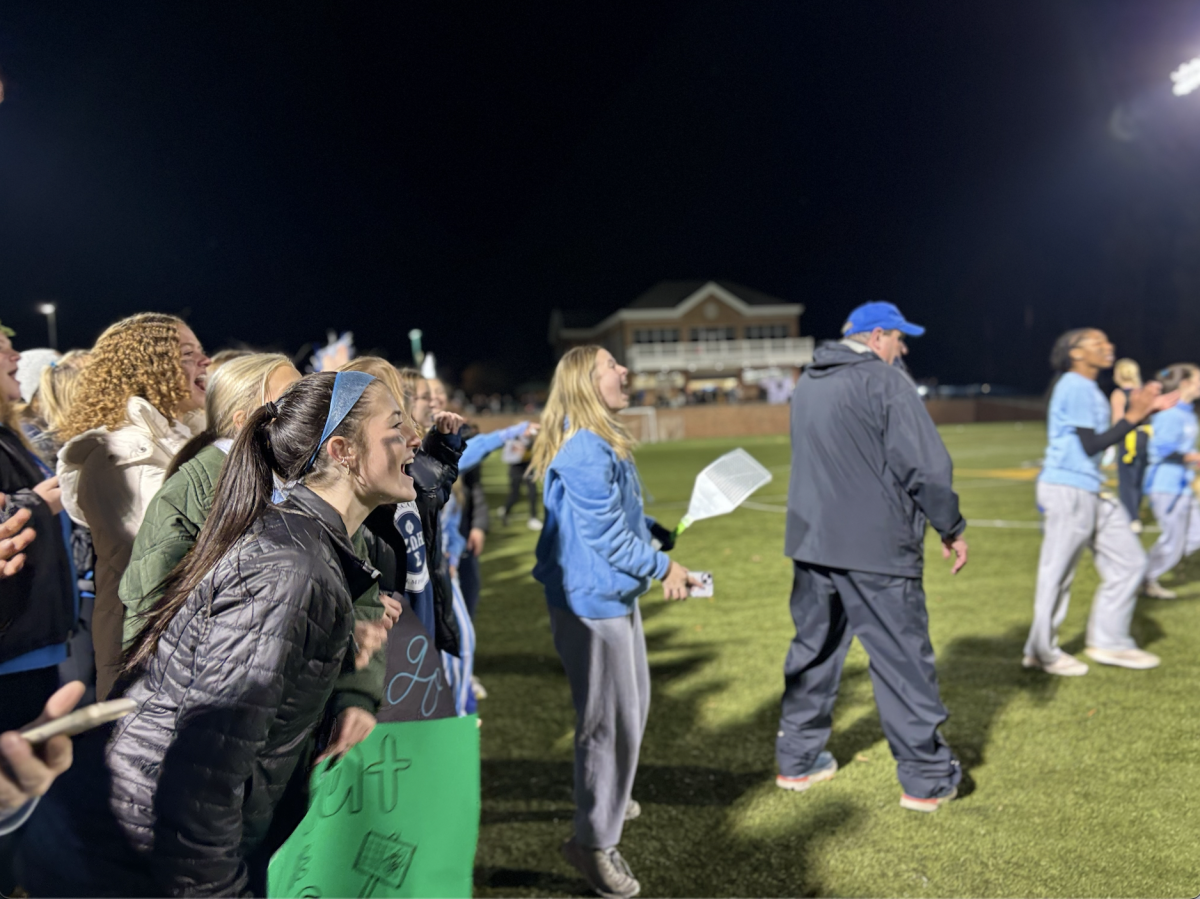
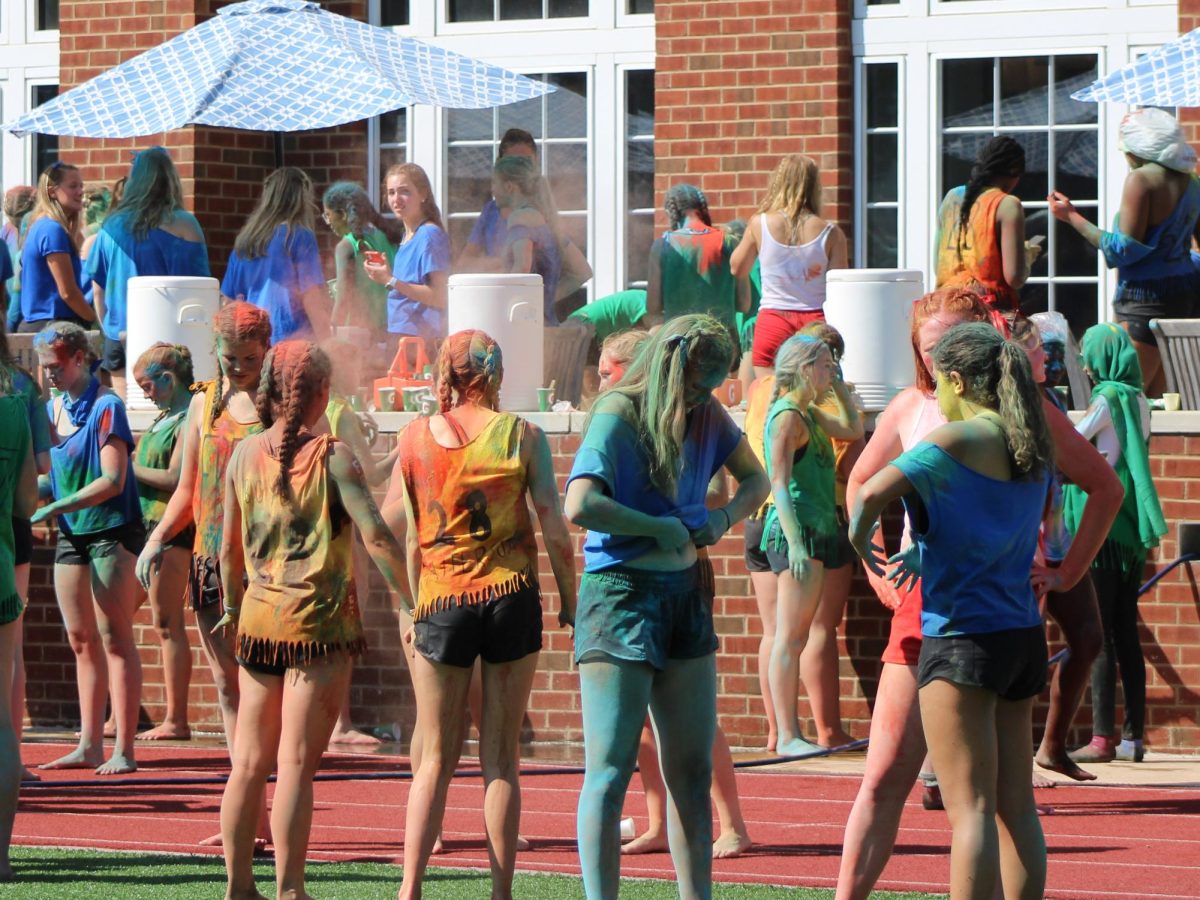
![[GALLERY] Walking in (Downtown) Memphis](https://stmarystatler.org/wp-content/uploads/2024/04/E1DAD3FE-E2CE-486F-8D1D-33D687B1613F_1_105_c.jpeg)
